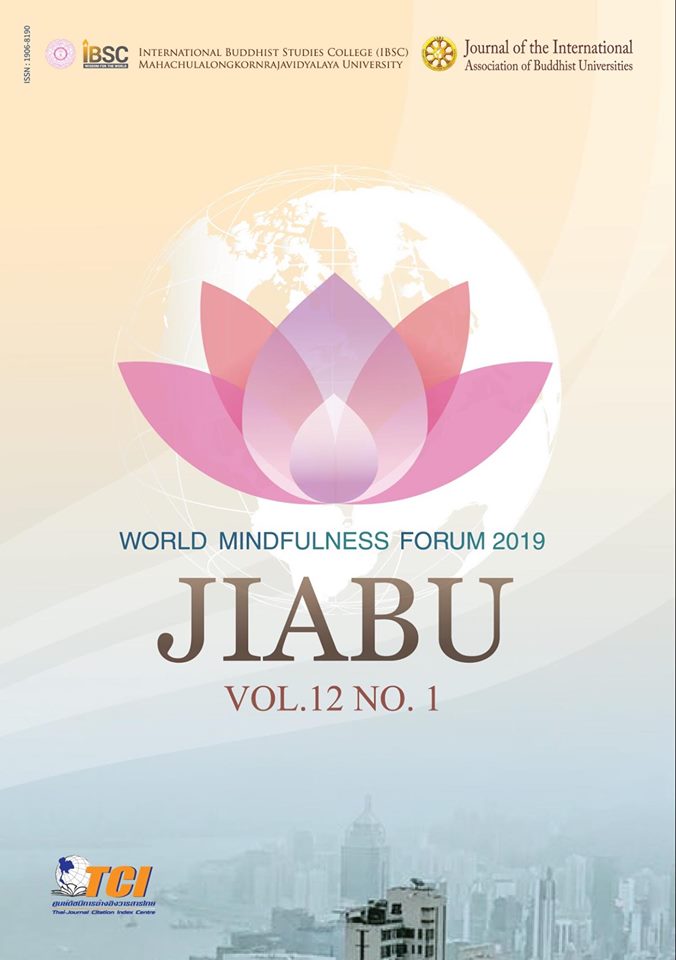Living Buddha, Living Christ
Main Article Content
Abstract
For over half a century, the remarkable contribution of Venerable Thich Nhat Hanh (Thây) in promoting social peace through mindfulness meditation practice and inter-religious dialogues cannot be overestimated. Sectarian strife which manifests into widespread tension and warfare in the history of humankind is all rooted in clinging on “self”, particularly self “views”. Religious exclusivism, thinking our own religious tradition is monopolizing the only Truth, is a tumor and culprit to the above strife. To remedy this, the religious leaders must be consciously lobbying commonalities and shared values among various religious teachings, respecting pluralism, and avoiding magnifying doctrinal confl icts. Thây’s long-term effort in promulgating religious understanding and tolerance has been widely noted, leading him to be nominated for a Nobel Peace Prize at his earlier career.
Article Details
Views and opinions expressed in the articles published by The Journal of the International Association of Buddhist Universities (JIABU), are of responsibility by such authors but not the editors and do not necessarily reflect those of the editors.
References
Borg, M. (1997). Jesus and Buddha. The Parallel Sayings. Berkeley: Ulysses Press.
Garbe, R. (1911). Contributions of Buddhism to Christianity. The Monist, pp. 509-563.
Gibran, K. (1973). The Prophet. New York: Alfred A Knopf. Groothuis, D. (2009). Living Buddha Living Christ by Thich Nhat Hanh. Christian Research Institute.
Raab, J. Q. (2000). Openness and Fidelity: Thomas Merton’s Dialogue with D.T. Suzuki, and Self-Transcendence. Ph.D. Dissertation. The University of Toronto, National Library of Canada: Doctoral and Master Theses.


